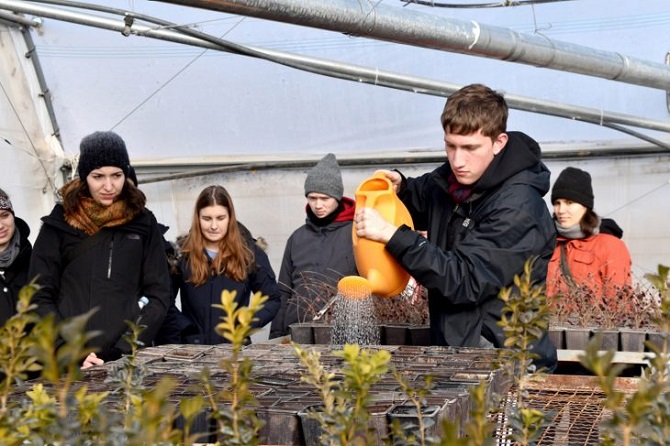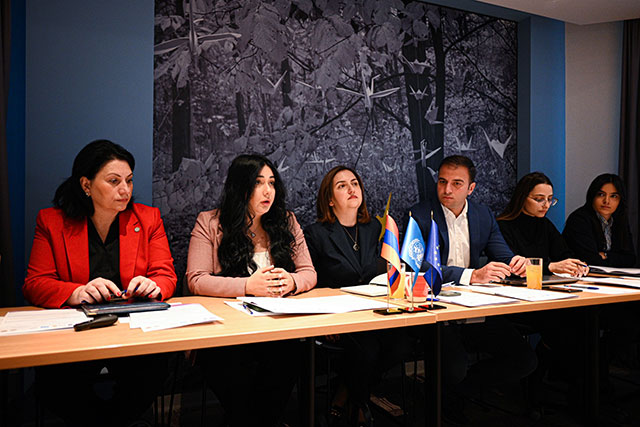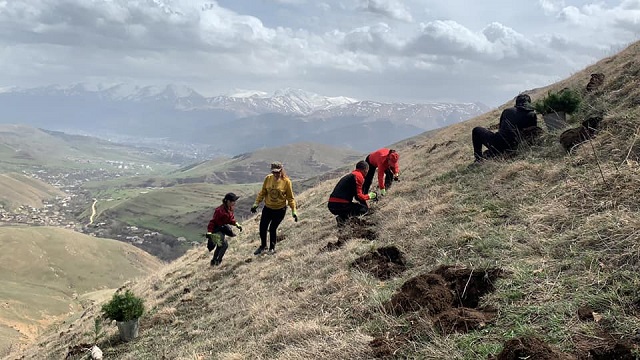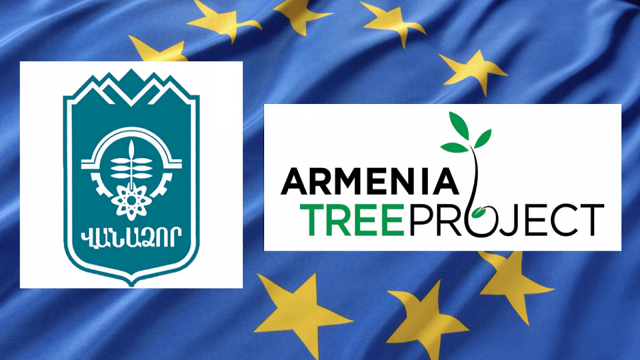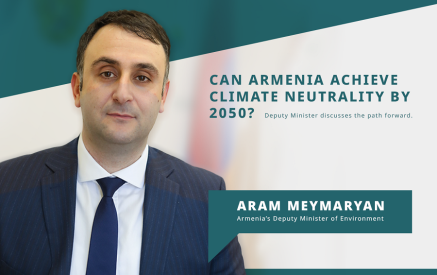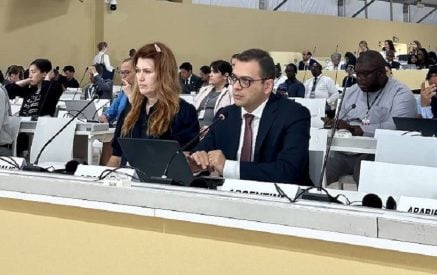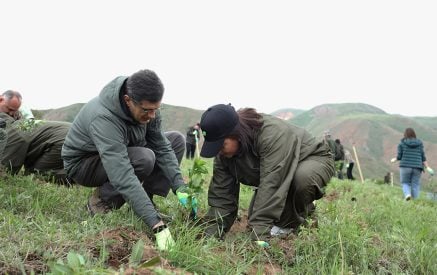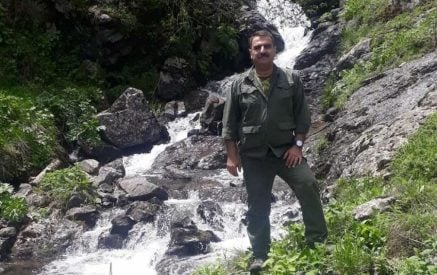ԵՌԱԳՈՅՆ. By Jason Sohigian
Speakers on several panels at Forest Summit: Global Action and Armenia highlighted a common theme that is at once alarming and a call for proactive action and resources. This is the lack of specialists in the fields of nursery management and forestry. Many speakers identified the challenge, and it has been confirmed by Armenia Tree Project’s experience on the ground, in trying to build the capacity of its nursery and tree planting staff.
This issue is of special importance since Armenia announced its ambitious goal to double its forest cover by 2050. This will require significant resources in terms of financing, seedling capacity and human resources in the form of trained experts who are familiar with techniques such as tree propagation, nursery management, site identification, tree planting and long-term tree care and management.
The issue was brought to the forefront during the Summit’s first panel, in a discussion about the key challenges and opportunities to increase Armenia’s forest coverage. In addressing some of the gaps, Hovik Sayadyan, technical task leader at UNDP Armenia, pointed out that there are no institutes for forest management in Armenia, in particular for forest inventory, afforestation or forest management.
Vardan Urutyan, the rector at Armenia’s National Agrarian University, expanded on this issue with a number of challenges around forest education. For example, financial resources are often insufficient for training specialists and there are few graduates from Agrarian University. Those who do graduate often cannot find employment in this sector. He cited the need to improve the attractiveness and competitiveness of the forestry profession.
Read also
Given the challenges, there is an expectation within Armenia that more trained professionals must be developed in order to succeed in expanding the forest cover and managing the existing forests.
Dr. Urutyan discussed a number of target areas for the Agrarian University, including contemporary forest science labs, endowment funds to support forest education, updated training materials, ongoing education for lecturers and incentives to encourage and reward scientific research.
The issue of capacity and shortage of trained professionals was also raised by Karen Manvelyan, director of WWF Armenia, in a panel on impacts and gaps of forestry initiatives supported by international organizations. Mr. Manvelyan pointed out that for organizations that do have specialists on staff, such as Armenia Tree Project (ATP), reforestation and afforestation projects have been implemented successfully. However, in some other cases in Armenia where relevant specialists were not consulted, the results have been less successful.
“We picked up on this common theme at the Forest Summit, and it is something that Armenia Tree Project has also noticed when we have job openings or expand into new program areas,” notes Arthur Harutyunyan, ATP’s operations manager in Armenia. “There have been cases where young professionals apply for a job, and they don’t have any real-world experience in a tree nursery, or may even have difficulty identifying species in a forest. This needs to change, and we are committed to helping to improve the capacity of professionals in our field.”
A new partnership between ATP and the National Agrarian University has emerged to address this problem. Students at the university will conduct internships and field research at ATP’s nurseries and greenhouses. A pilot program will be held this year with the support of the United Nations Development Program (UNDP).
“Already we have hosted a number of students and professionals at our nurseries and other locations for training,” explains Harutyunyan. “This partnership with the Agrarian University will expand the program and help us educate a new cadre of young professionals, as well as people currently working in our field who may need to learn about the latest techniques and methods.”
ATP’s facilities and planting locations offer a number of learning opportunities, including nursery management, greenhouse management, forest management, urban forestry, and fruit tree production. “Our programs are wide-ranging, from site selection for a new forest to knowing which types of trees need to be planted at a certain location or establishing a fruit orchard in a town,” adds Harutyunyan. “We are encouraged by this collaboration and hope it plays a constructive role in Armenia’s goal to expand its forests.”
There were many topics identified at the Forest Summit where additional training, study, and capacity building are needed. These include the need to study and understand Armenia’s biodiversity and the potential impact of invasive species, creating and implementing sustainable forest management plans, tree nursery management, and wildfire prevention.
The 30-year reforestation plan will create many job opportunities; creating a trained workforce to fill those jobs is essential.



















































